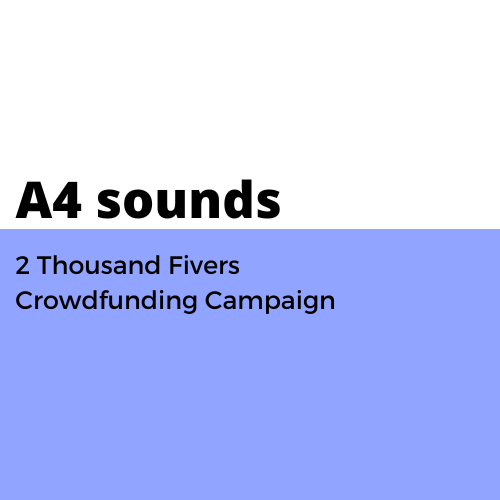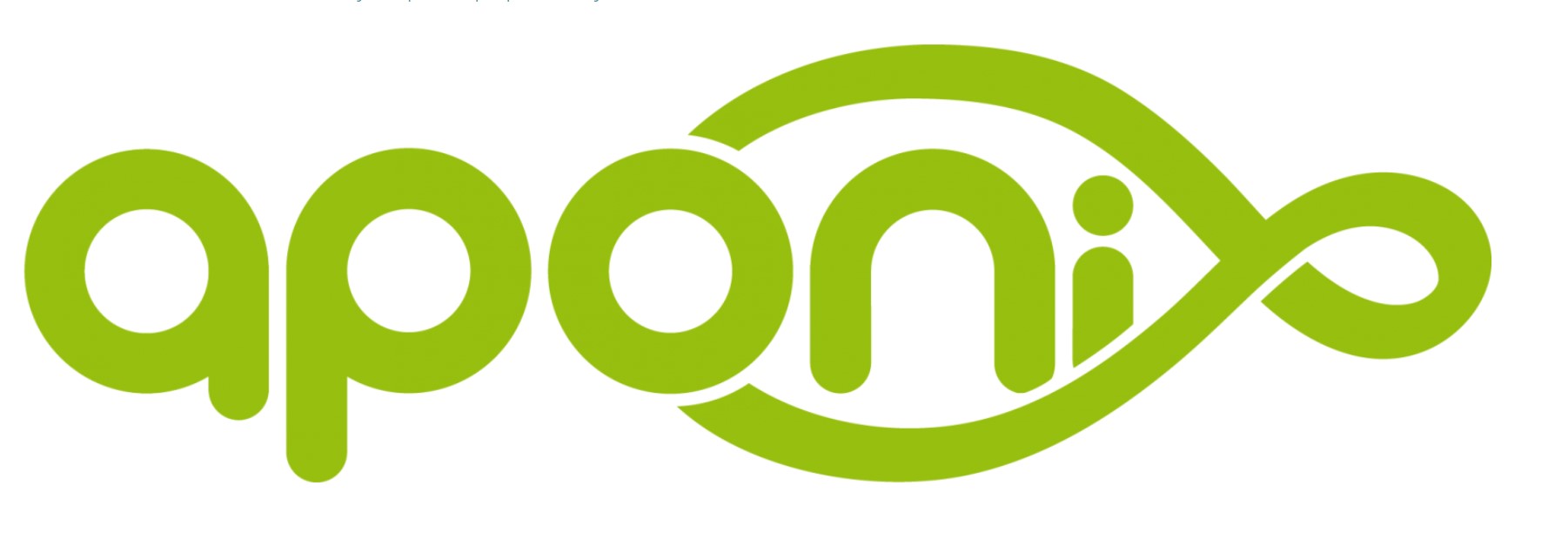
Case Study
Supply Change
Supply Change is a social enterprise focused on creating better supply chains by adding impact to procurement. They are a product and consultancy social enterprise with the aim of redirecting spending from public and private sector organisations to social enterprise suppliers so that every buying decision by buying organisations can take into account social and environmental value. They help organisations create high returns for their business, people and ultimately the planet by making social procurement easier, faster and more impactful. They work with a range of buying orgnaisations from construction, professional services, housing authorities and local authorities. On the suppliers side, they work with any social enterprise that has B2B goods and services which can be anything from marketing to cleaning supplies and match them up by acting as an intermediary. They recommend suppliers based upon their spend, location or impact outcomes for a particular area.
Goals & Process
Supply Change started on a programme called ‘Yearhere’ and from there, their funding journey has been quite patchy; as an intermediary with no direct beneficiaries, and since their actual beneficiaries are the social enterprises themselves, it’s been difficult to win grants that require direct impact. Initially, they used crowdfunding and then received a blended investment through our consultancy client which was a mixture of equity and grant funding. They also received further investment from the Paul Hamlyn Foundation and the Browley by Bow Centre.
Why did you choose this funding type?
As an intermediary, it’s hard to see the impact immediately and Supply Change are building towards future goals which limits the avenues for funding. After initial crowdfunding, they have received some small grants alongside a repayable grant from Nat West. Their initial target was £65,000 which was met; however, they are hoping to do a further raise this year of £250,000 from private investment and institutional investment. Supply Change were very revenue focused from the outset as they saw this as a more reliable income and this involved investing in their resources and their product to ensure they were offering our customers the best service.
Successes & Challenges
Supply Change’s success has been through a determination to be quite strict with spending and upskilling themselves where possible to cover areas such as technology resources that they would have spent on. This conservatism in spending has made them more appealing to investors and therefore a lot of decision making was considered and premeditated.
Raising finance has been difficult because of their legal entity; most grants require you to have ‘kick status’, to be a charity or to have an asset lock in your articles of association. Although this is good for grants, it limits open market impact investment and angel investors who are unfamiliar with it.
As a two sided marketplace, Supply Change service both buyers and sellers and in the very beginning they wanted to gain revenue from charging both for their services. They wanted to charge suppliers a £150 membership fee per year which they felt was reasonable considering the size of the contracts, but they soon realized that the contracts were too selective so not all suppliers benefitted equally. Additionally, they were trying to build a critical mass of suppliers. For these reasons they have removed their supplier charge for now.
Takeaways & Additional Information
Even at three years old we are still only part time – we all have side hustles to make additional incomes to supplement the small incomes we make through Supply Change and wages are the last thing to come out. The hard truth is that social enterprise is not a big money maker. A lot of time and resource goes into it and it occupies your mind beyond the ‘9 to 5’. Knowing your customer and networking are the keys to maintaining a going concern.

05.07.2022
Supply Change
Crowdfunding, Grants, Lending
Semi Pro
65.000 €
United Kingdom
Discussion forum
Share your thoughts and questions on this project!





 (1).jpg)

